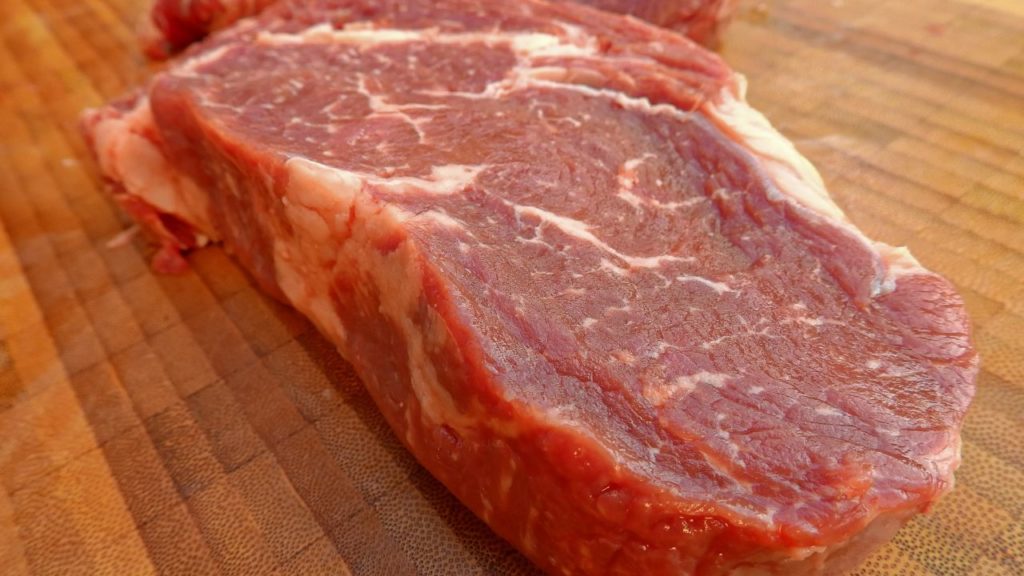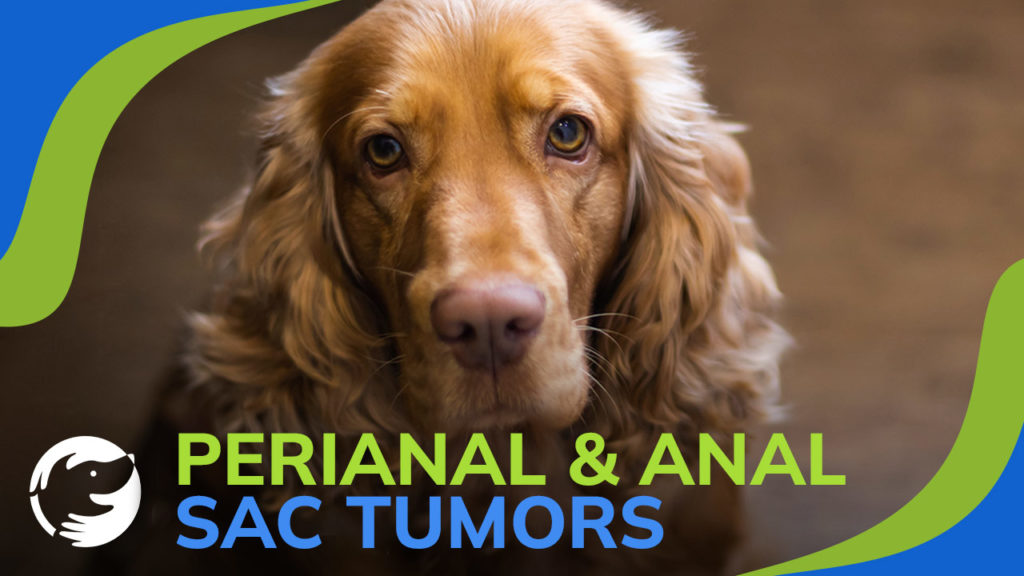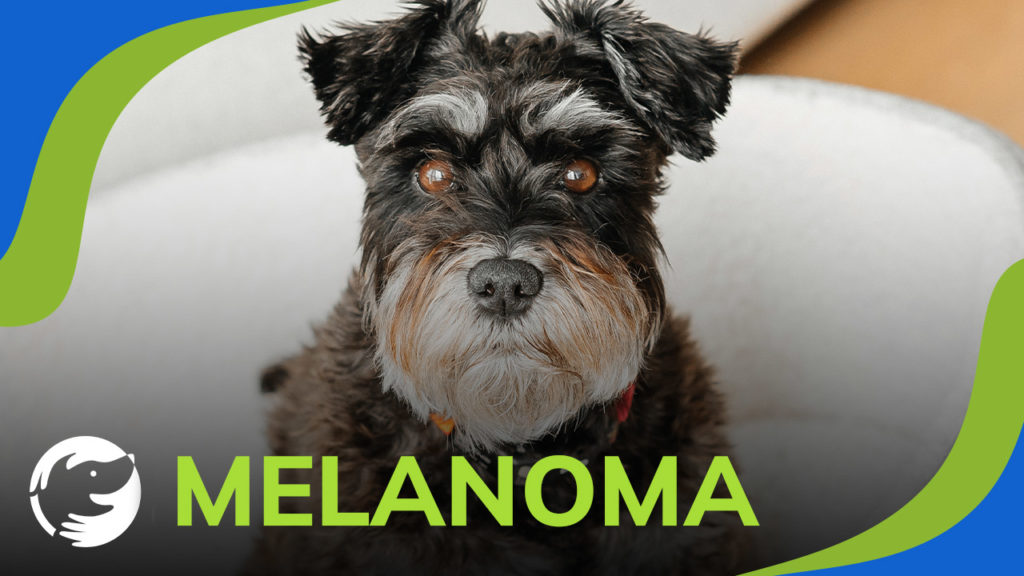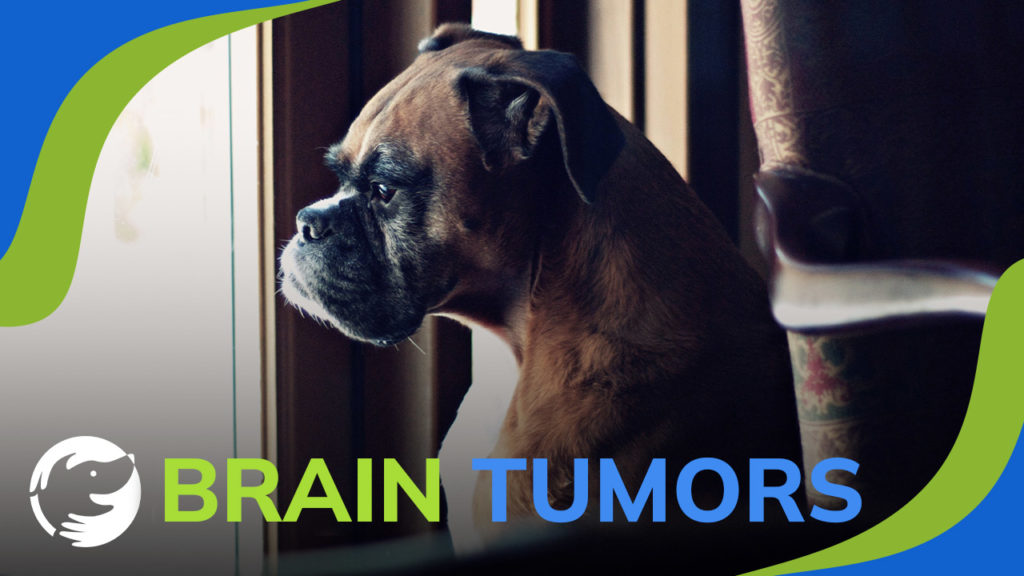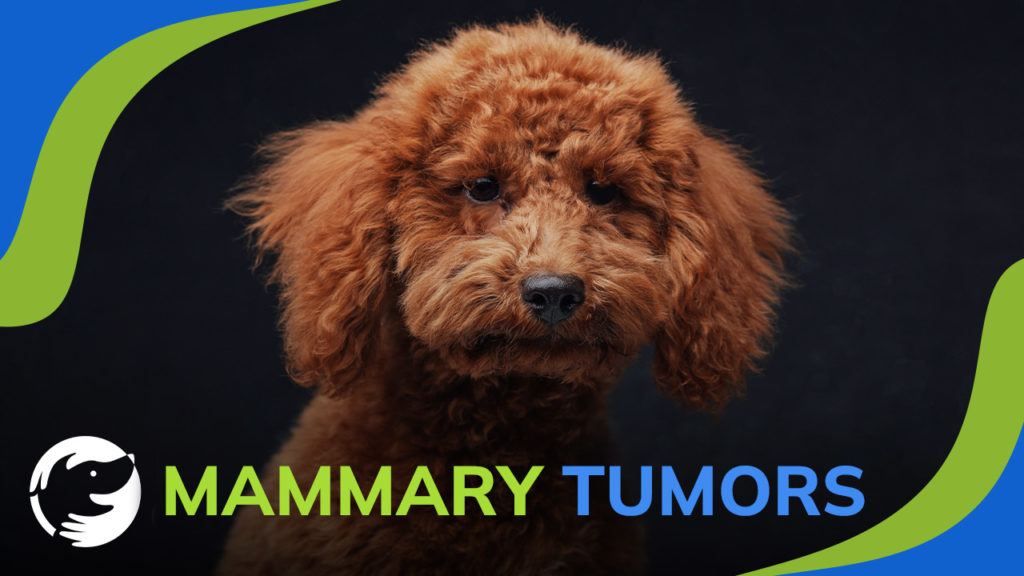
Mammary Tumors
Mammary tumors in dogs can be benign or malignant, but with the right treatment, the majority of dogs can make a full recovery.
James Jacobson: One of the cancers that you talk about in The Dog Cancer Survival Guide are mammary tumors. Dr. Dressler, I’ll start with you first. If a dog has been diagnosed with mammary tumors, what is it, that the guardian may be seen?
Dr. Demian Dressler: The most common way of mammary tumors shows up is the exact same way that a breast cancers shows up in a woman and that is with a growth in mammary gland. We don’t usually think above breasts in dogs because it’s a human term. However, dog’s mammary glands are exactly that, they’re breasts. And instead of having one pair, K9 species has five pairs; there is a total of ten. And every ones in a while, they will be an added one year there and maybe one missing here or there are the given dog, but usually around ten. The mammary tumor for shows up as a bump. And this is a bump that many times can be under the skin within the mammary gland itself which is around the nipple, and the best way to feel those is by very gently massaging actually jelly squeezing or pinching the mammary gland itself, and you can often feel them inside the gland as a firm nodule sometime if there a small little beady and other time if they are larger, you can even see them on the surface of the skin and in worst cases they’re big angry and inflamed.
James Jacobson: Dr. Ettinger, your thoughts on mammary tumors.
Dr. Susan Ettinger: I think it’s important to realize that mammary tumors is a very treatable cancer in dogs as Dr. Dressler points out just feeling your dog along their belly is of really important for early detection to find these. There are some several guidelines in general but fifty percent are benign and fifty percent are malignant and even the malignant aggressive ones, fifty percent of those will be cured with just surgery alone. So, seventy five percent of dogs with mammary cancer with just surgery is all they’re gonna need. They have a nice good adequate surgery, and I think that’s important. It is to know that it’s a very treatable cancer in the majority of dogs.
James Jacobson: Dr. Dressler, what are your thoughts on treatment options for mammary cancer?
Dr. Demian Dressler: I think the surgery is important, this brings up an interesting topic which has to do is spaying and a dog that has been diagnosed with mammary cancer recent evident shows now. I went back in forth but the most recent sort of trends seems to be that’s spaying a dog who has mammary cancer later in life may be beneficial. We also need to, I believe in those cases limit exposure we can to red meat, if we use the human data red meat is a risk factor, and we need to limit the exposure to dietary carcinogens and improve the diet, and also of course throw in some supplements that can help hopefully decrease the development of new mammary cancers in the future. So I think using all of the different tools that we have in our tool box with these cancers is very, very critical to have the best longest life with their dogs.
James Jacobson: There is a tremendous amount of information on mammary cancer in The Dog Cancer Survival Guide. I wanna thank both of you Veterinarians for joining us today. Dr. Ettinger in New York, and
Dr. Dressler in Hawaii, thank you.
Dr. Demian Dressler: Thank you!
Dr. Susan Ettinger: Thank you!
Topics
Did You Find This Helpful? Share It with Your Pack!
Use the buttons to share what you learned on social media, download a PDF, print this out, or email it to your veterinarian.
Editor's Picks
CATEGORY
